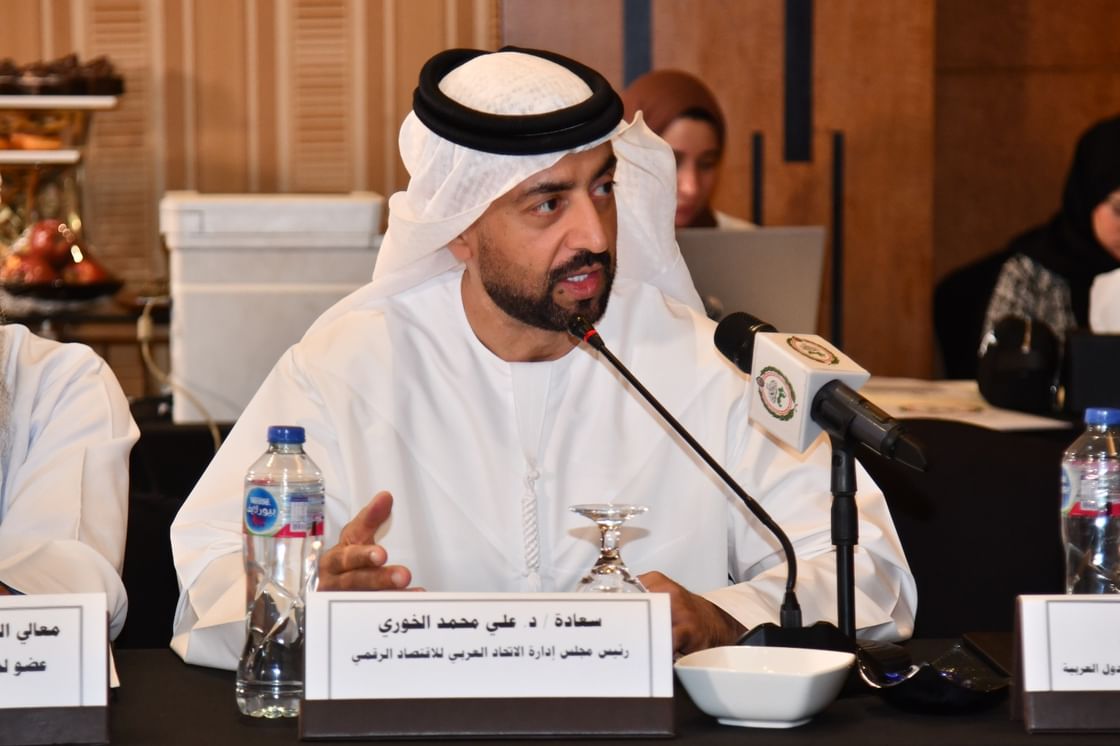Dr. Ibrahim Mustafa
Chairman of the Investment Committee
The volume of e-commerce was estimated at between $4.5 and $5 trillion in 2022 and is expected to reach $8.2 trillion by 2030, at a compound annual growth rate of 8% from 2024 to 2030.
2020, known as the year of COVID-19, was a significant factor in the growth of e-commerce, along with demographic factors, particularly youth. The COVID-19 pandemic and its aftermath accelerated the pace of electronic transactions, making the e-commerce market a vital component of the global economy.
According to data from the U.S. Department of Commerce, e-commerce sales reached $1 trillion for the first time in 2022, a 16% increase compared to the previous year. This shift has not only impacted consumer behavior but has also prompted companies to adopt innovative strategies focused on customer engagement and satisfaction. This has encouraged retailers to invest in advanced technologies such as artificial intelligence and other technological tools to enhance the online shopping experience, making it more efficient and enjoyable.
Arab initiatives are also being launched under the umbrella of the Arab Federation for Digital Economy at the League of Arab States to promote inter-Arab trade in goods and services, through the establishment of platforms such as the Arab Food Market Platform and the Educational Services Platform. The Arab Food Market Platform creates a business-to-business (B2B) e-commerce environment, providing commercial opportunities and a secure payment system between producers and traders in the Arab food market, in addition to providing all necessary logistical and insurance services. It is hoped that this project will be launched soon, enabling us to witness its impact on the volume of trade in food and agricultural products. The Federation has obtained all government approvals related to the platform and has contacted more than 600 companies that export and import food and agricultural products to register on the platform. Only 105 companies have been granted the status of “legal merchant” after submitting all required documents and passing the KYC verification criteria.
According to studies conducted by the Federation to estimate the volume of food trade (exports and imports) for 19 Arab countries, the total volume reached approximately $168 billion in 2021. Imports accounted for $124 billion (73.9% of total consumption), while exports represented 26.1%. The five Arab countries with the largest volume of food and agricultural trade are, in order: the UAE ($33.628 billion), Saudi Arabia ($27.185 billion), Egypt ($20.335 billion), Iraq ($14.686 billion), and Morocco ($14.633 billion).
There is no doubt that the digital transformation witnessed globally, in light of the rapid development in financial technology and its impact on electronic payment systems, will create greater growth opportunities for e-commerce globally and regionally, especially with the spread of digital currencies and the growth of cryptocurrencies and blockchain technology. The United Arab Emirates is among the most advanced Arab countries in this field, followed by Saudi Arabia, with significant competition observed in accelerating digital transformation across all services and transactions.
A country like Egypt, with its large market of over 110 million people, still has the opportunity to maximize the growth of export e-commerce and increase its exports to higher levels. This requires significant efforts to activate all trade system procedures, inspection and release, quality systems, and provide all associated logistical services.











